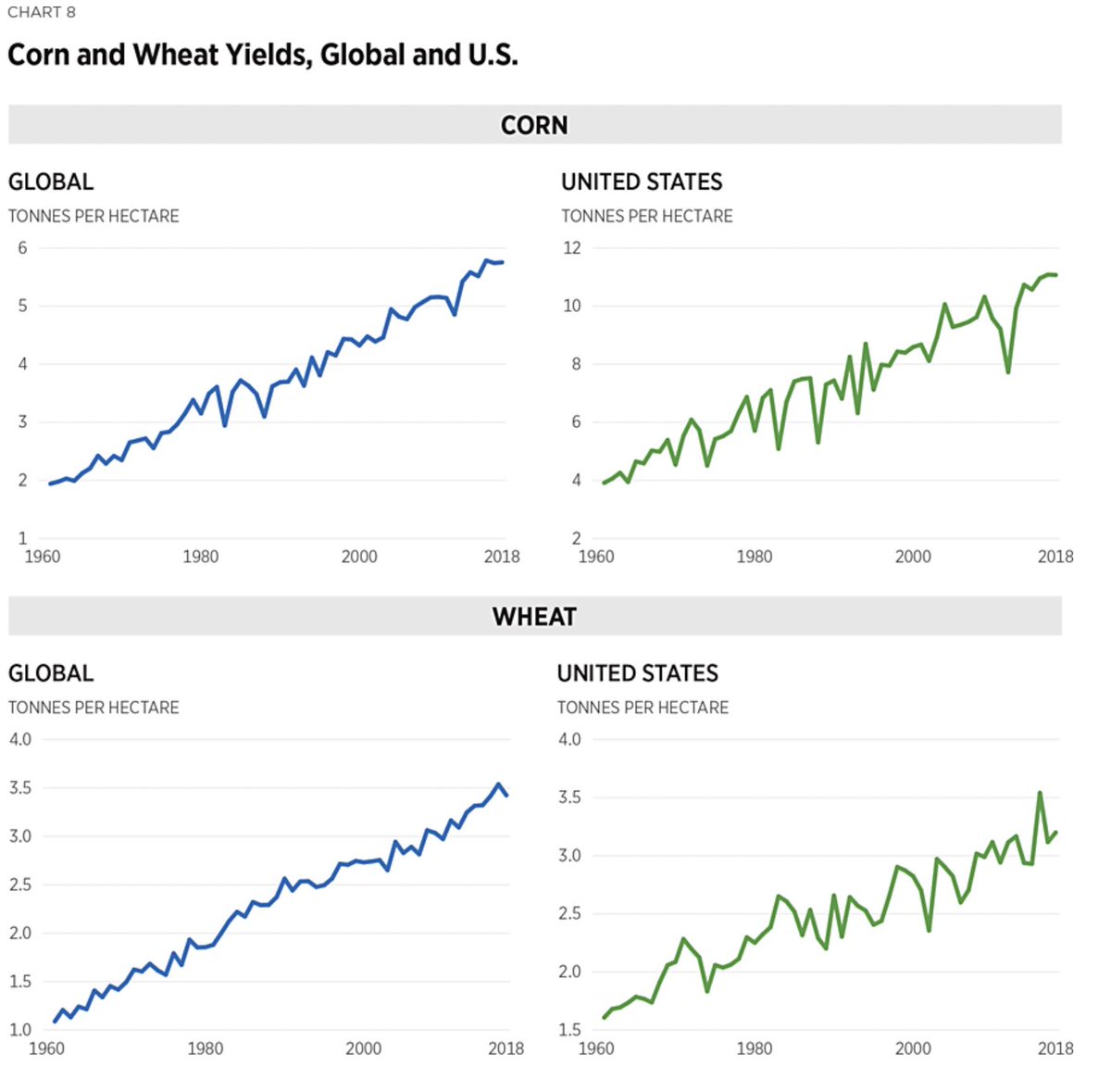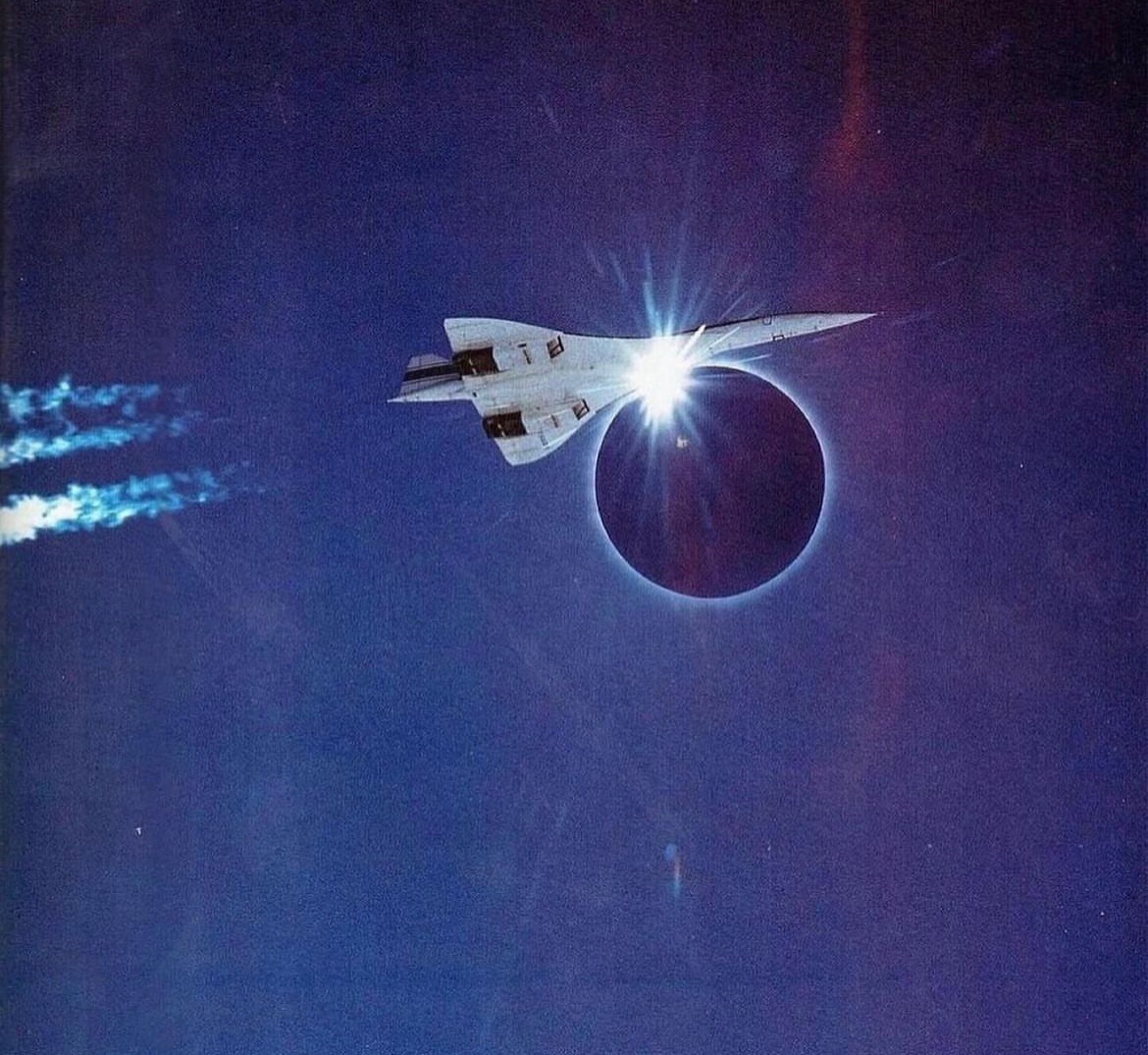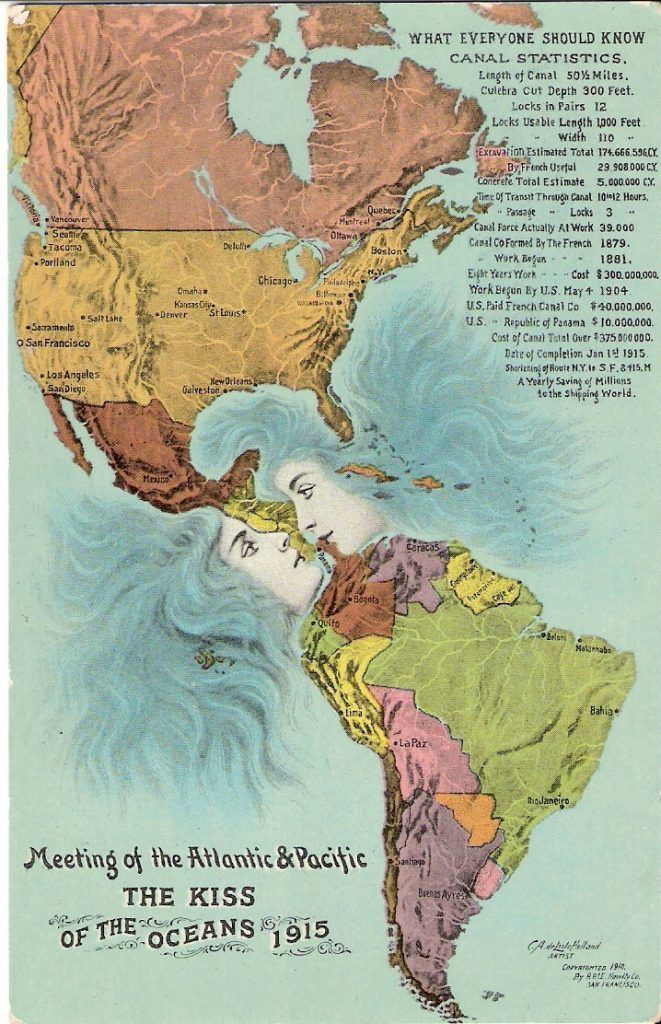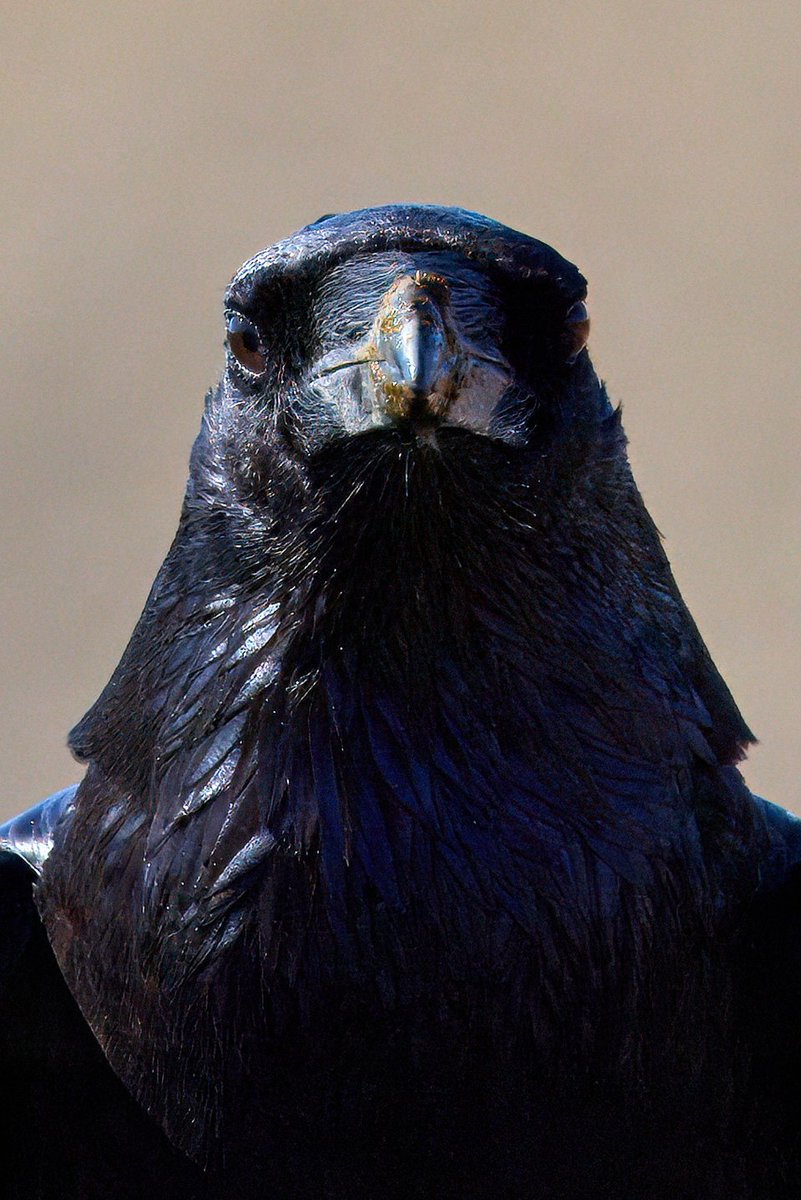Links digest, 2023-12-29
Rayleigh's oil drop experiment and more
by Jason Crawford · December 29, 2023 · 7 min read
Somewhat delayed owing to the holidays. As always, to follow news and announcements in a more timely fashion, follow me on Twitter, Threads, or Farcaster.
From the Roots of Progress fellows
- “Yes, And” In My Backyard: Is it time for urbanists to embrace commercial zoning reform? (by @RyanPuzycki)
(Also lots more that I haven’t gotten around to posting, will catch up soon)
Opportunities
- Applications for Mercatus fellowships are now open. “Apply to learn about & discuss political economy with fellows from a wide variety of disciplines. We’ll discuss institutions, incentives, knowledge, market processes, governance, & much more” (@NathanPGoodman)
- Our World in Data is hiring a Senior Full-stack Engineer. Apply by Sunday, Jan 14 (via @OurWorldInData)
Announcements
- Asimov Press is “a new publishing venture that features writing about biology… Our magazine and books will cover everything from biosecurity to vaccine development & the long arc of progress in genetic engineering” (via @NikoMcCarty)
- Ideas Matter announces its first cohort. “Our 14 fellows represent 6 different countries and will spend 8 weeks writing about big ideas in biology. Their work spans everything from animal welfare to synthetic biology and biodefense” (@IdeasFellows)
- A new ARIA opportunity space: “Brain disorders are a huge challenge to society and we need a new suite of tools to precisely interface with the human brain at scale” (@JacquesCarolan)
- “A new RNA targeting CRISPR enzyme paired with a convolutional neural network (CNN) model predicting highly efficient guide RNA sequences for transcriptome engineering” from @arcinstitute
- A16Z announces they will, “for the first time, get involved with politics by supporting candidates who align with our vision and values specifically for technology…. We are non-partisan, one issue voters: If a candidate supports an optimistic technology-enabled future, we are for them. If they want to choke off important technologies, we are against them.” Specific beliefs include: “Artificial Intelligence has the potential to uplift all of humanity to an unprecedented quality of living and must not be choked off in its infancy. We can do this by requiring that AI behaves within the law and rules of our society without regulating math, FLOPs, methods of R&D, and other misguided ideas” (via @bhorowitz)
- The African School of Economics is expanding to Zanzibar, “launching its first East African location with the support of Charter Cities Institute” (via @CCIdotCity). “Super excited for this project” says @MarkLutter
AI
- Answer.ai is “a new kind of R&D lab” from Jeremy Howard and Eric Ries with $10M in funding (via @jeremyphoward)
- OpenAI announces partnership to include real-time information from various news sources in ChatGPT. “ChatGPT’s answers to user queries will include attribution and links to full articles for transparency and further information” (via @OpenAI)
- Related, Channel1 is a new AI news venture with virtual anchors: “Watch the showcase episode of our upcoming news network now” (@channel1_ai)
- Bots beating humans at captchas. But Gmail predictive AI still has a ways to go
AI safety
- “Seven practices for keeping increasingly agentic AI systems safe and accountable as they become more common and more capable” (@OpenAI). They are also offering $10M in grants for “technical research towards the alignment and safety of superhuman AI systems,” apply by Feb 18 (via @leopoldasch)
- How We Can Have AI Progress Without Sacrificing Safety or Democracy: Yoshua Bengio and Daniel Privitera propose a “Beneficial AI Roadmap” in TIME Magazine (via @privitera_)
Queries
- Why did we give up on a cure for the common cold? (@Ben_Reinhardt)
Social
- “Without x-rays, high-powered microscopes, and fancy research equipment.. How would you figure out the size of a single molecule? Lord Rayleigh did it way back in 1890, using little more than oil, water, and a pen”: good thread from @NikoMcCarty
- “How do you create the sharpest thing in the world? And why would you do it?” Thread from @Jordan_W_Taylor
- A 3D structural model of an entire bacterial cell
- “SI seconds on Earth are slower because of relativity, so there are time standards for space stuff (TCB, TGC) that use faster SI seconds than UTC/Unix time” (via XKCD)
- “With a nuclear-reactor powered ship, there’s few reasons why you don’t push for top speed all the time. Basically the same running costs, only a little bit extra fuel, while delivering cargo 50% faster” (via @ToughSf)
- Why Our World in Data does what they do: “The starting point for all our work is a simple question: What do we need to know to make the world a better place?” Thread from @MaxCRoser
- Why are pedestrian deaths increasing in the US? NYT had an article and interactive on this that spurred some interesting threads from @InlandCaGuy and @Chris_Said
Quotes
From Alan Kay’s Dynabook paper (via @michael_nielsen via @D_R_Goodwin):
Our project is very sympathetic to the latter view. Where some people measure progress in answers-right/test or tests-passed/year, we are more interested in “Sistine-Chapel-Ceilings/Lifetime”. This is not to say that skill achievement is de-emphasized. “Sistine-Chapel-Cellings” are not gotten without healthy application of both dreaming and great skill at painting those dreams. As bystander L. d. Vinci remarked, “Where the spirit does not work with the hand, there is no art”. Papert has pointed out that people will willingly and joyfully spend thousands of hours of highly physical and mental effort in order to perfect a sport (such as skiing) that they are involved in. Obviously school and learning have not been made interesting to children, nor has a way to get immediate enjoyment from practicing intellectual skills generally appeared.
Tolstoy on the influence of Lincoln in his own time (via @eigenrobot):
Once while travelling in the Caucasus I happened to be the guest of a Caucasian chief of the Circassians, who, living far away from civilized life in the mountains, had but a fragmentary and childish comprehension of the world and its history. The fingers of civilization had never reached him nor his tribe, and all life beyond his native valleys was a dark mystery. Being a Mussulman he was naturally opposed to all ideas of progress and education.
I was received with the usual Oriental hospitality and after our meal was asked by my host to tell him something of my life. Yielding to his request I began to tell him of my profession, of the development of our industries and inventions and of the schools. He listened to everything with indifference, but when I began to tell about the great statesmen and the great generals of the world he seemed at once to become very much interested.
“Wait a moment,” he interrupted, after I had talked a few minutes. “I want all my neighbors and my sons to listen to you. I will call them immediately.”
He soon returned with a score of wild looking riders and asked me politely to continue. It was indeed a solemn moment when those sons of the wilderness sat around me on the floor and gazed at me as if hungering for knowledge. I spoke at first of our Czars and of their victories; then I spoke of the foreign rulers and of some of the greatest military leaders. My talk seemed to impress them deeply. The story of Napoleon was so interesting to them that I had to tell them every detail, as, for instance, how his hands looked, how tall he was, who made his guns and pistols and the color of his horse. It was very difficult to satisfy them and to meet their point of view, but I did my best. When I declared that I had finished my talk, my host, a gray-bearded, tall rider, rose, lifted his hand and said very gravely:
“But you have not told us a syllable about the greatest general and greatest ruler of the world. We want to know something about him. He was a hero. He spoke with a voice of thunder; he laughed like the sunrise and his deeds were strong as the rock and as sweet as the fragrance of roses. The angels appeared to his mother and predicted that the son whom she would conceive would become the greatest the stars had ever seen. He was so great that he even forgave the crimes of his greatest enemies and shook brotherly hands with those who had plotted against his life. His name was Lincoln and the country in which he lived is called America, which is so far away that if a youth should journey to reach it he would be an old man when he arrived. Tell us of that man.”
“Tell us, please, and we will present you with the best horse of our stock,” shouted the others.
I looked at them and saw their faces all aglow, while their eyes were burning. I saw that those rude barbarians were really interested in a man whose name and deeds had already become a legend. I told them of Lincoln and his wisdom, of his home life and youth. They asked me ten questions to one which I was able to answer. They wanted to know all about his habits, his influence upon the people and his physical strength. But they were very astonished to hear that Lincoln made a sorry figure on a horse and that he lived such a simple life.
“Tell us why he was killed,” one of them said.
I had to tell everything. After all my knowledge of Lincoln was exhausted they seemed to be satisfied. I can hardly forget the great enthusiasm which they expressed in their wild thanks and desire to get a picture of the great American hero. I said that I probably could secure one from my friend in the nearest town, and this seemed to give them great pleasure.
The next morning when I left the chief a wonderful Arabian horse was brought me as a present for my marvelous story, and our farewell was very impressive.
One of the riders agreed to accompany me to the town and get the promised picture, which I was now bound to secure at any price. I was successful in getting a large photograph from my friend, and I handed it to the man with my greetings to his associates. It was interesting to witness the gravity of his face and the trembling of his hands when he received my present. He gazed for several minutes silently, like one in a reverent prayer; his eyes filled with tears. He was deeply touched and I asked him why he became so sad. After pondering my question for a few moments he replied:
“I am sad because I feel sorry that he had to die by the hand of a villain. Don’t you find, judging from his picture, that his eyes are full of tears and that his lips are sad with a secret sorrow?”
Like all Orientals, he spoke in a poetical way and left me with many deep bows.
This little incident proves how largely the name of Lincoln is worshipped throughout the world and how legendary his personality has become.
Charts
How food becomes cheaper (via @Marian_L_Tupy)

Aesthetics
Concorde going Mach 2 to keep up with the shadow of the 1973 solar eclipse (via @Liv_Boeree). The provenance of this photo is unclear but the flight did happen:

The kiss of the oceans (1915). “Wonderful vintage map celebrates the opening of the Panama Canal” (@simongerman600)

Very impressive photo of a raven by Ed Yong:

Comment: Progress Forum, LessWrong, Reddit
